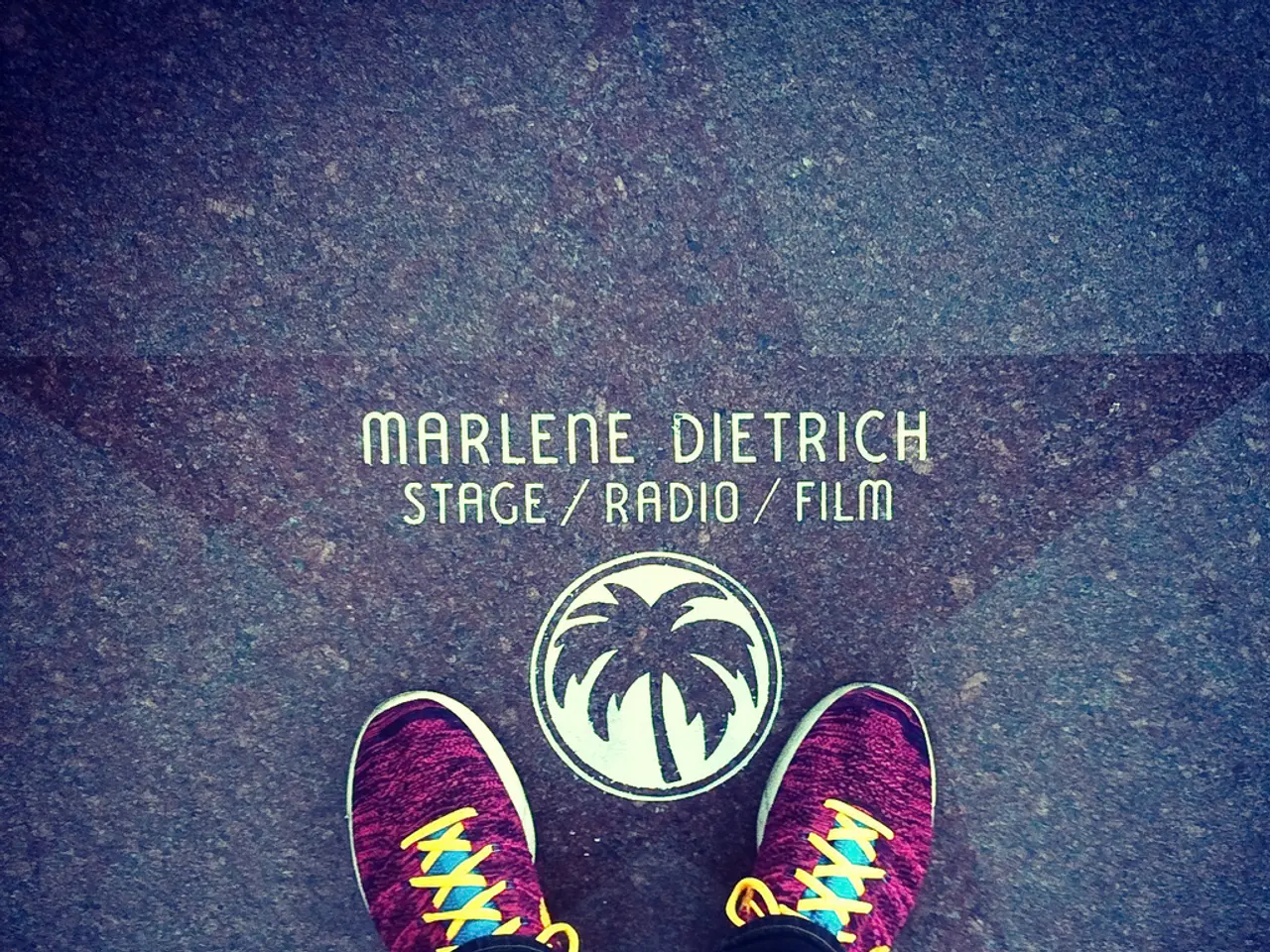Invitation for Specialists: Creation of Sustainable Construction Rules and Regulations in Ghana
In a bid to stimulate a green building sector and contribute to its NDC targets, Ghana is soliciting Expressions of Interest (EOI) for the Development of Green Building Guidelines and Standards. This initiative, led by the Climate Technology Centre and Network (CTCN), aims to significantly reduce energy consumption and Greenhouse Gas (GHG) emissions.
The project will involve the development of comprehensive guidelines that will apply to public, urban, and rural residential settlements across Ghana. To be considered, firms should demonstrate extensive experience in green building and sustainable development, with a deep understanding of Ghana's unique climate and building practices.
A detailed project proposal outlining the scope, timeline, and expected outcomes is essential. The proposal should also include specific steps for engaging with local stakeholders and ensuring the guidelines are tailored to Ghana's context. Collaboration with Ghanaian government agencies, local architects, engineers, and other stakeholders is crucial for the guidelines' relevance and implementability.
The guidelines should address specific challenges and opportunities related to Ghana's climate, cultural, and economic conditions. They should also incorporate local building materials and practices where feasible. The guidelines must align with Ghana's national development plans and any existing green building standards or regulations.
Part of the project will involve training local professionals in using the new guidelines to ensure effective implementation and sustainability over time. A plan for monitoring the impact of the guidelines and evaluating their effectiveness will also be included.
Firms should have a clear plan for managing resources and ensuring that the project stays within budget. This includes managing any CTCN funding and ensuring transparency in financial reporting.
The application process requires firms to submit a formal proposal through the CTCN's established channels. The proposal will be reviewed by the CTCN in consultation with relevant stakeholders in Ghana. Once approved, firms will work closely with the CTCN and local partners to develop and implement the guidelines.
International best practices, technologies, and sustainable local building materials will be identified. An assessment of building groups and regulations in Ghana, along with a diagnosis of technological needs, is to be conducted. It's worth noting that non-members of the CTCN network can still apply for this EOI.
The development of communication documents and effective mechanisms and tools for the implementation of building standards, including monitoring, verification, and enforcement (MV&E) framework and user manuals, are also part of the project.
The expected outcome, outputs, and activities of this project have not been specified in the provided text. For specific details, it is advisable to contact the CTCN directly or visit their official website to inquire about current opportunities and detailed requirements for proposals. The deadline for submission of EOI is June 16, 2023. Registration at the United Nations Global Marketplace (www.ungm.org) is required for all applicants.
- The development of comprehensive green building guidelines in Ghana, aimed at reducing energy consumption and Greenhouse Gas (GHG) emissions, should also incorporate local renewable-energy sources and environmental-science considerations, given the country's unique climate and building practices.
- Firms interested in this project should demonstrate their financial viability and resource management skills, as the project will require a clear plan for managing CTCN funding and ensuring transparency in financial reporting, while adhering to the deadlines set for the EOI submission.
- As the project progresses, partnerships with Ghanaian government agencies, local architects, engineers, and other stakeholders will be essential for the renewable-energy sector's growth, ensuring that the green building guidelines are relevant, implementable, and aligned with the country's national development plans and any existing green building standards or regulations.




